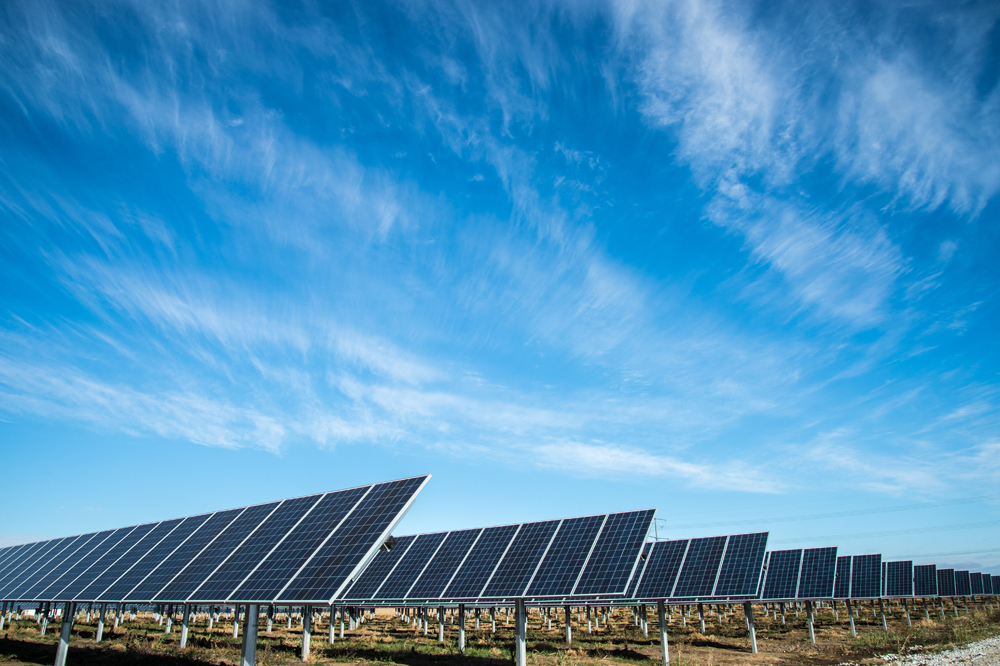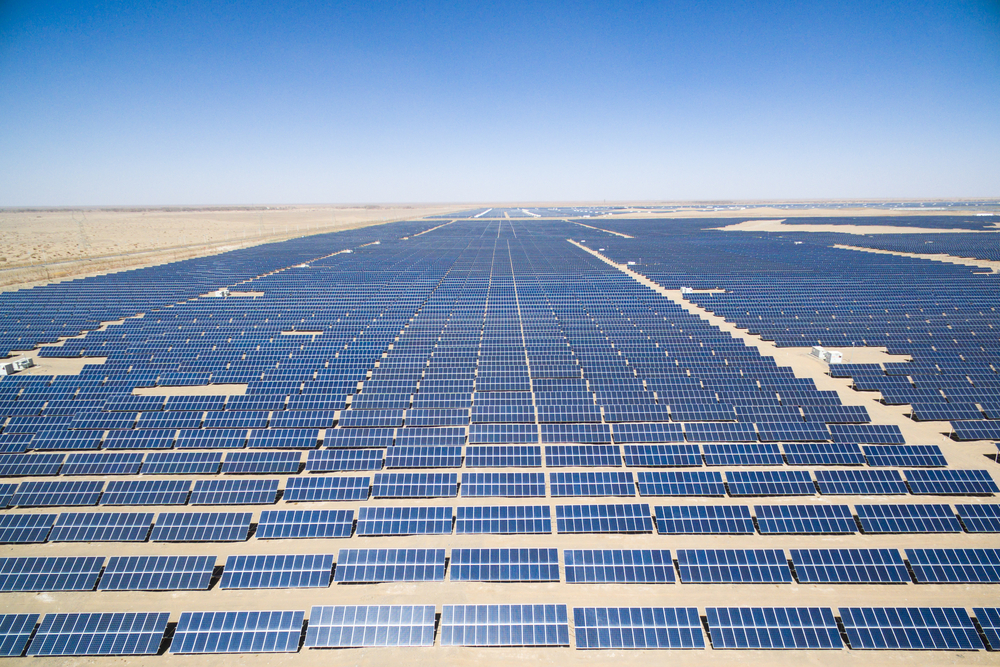Solar panels Texas maintenance is a crucial aspect of ensuring optimal performance and extending the lifespan of your solar energy system. This comprehensive guide will provide you with all the necessary information to keep your solar panels operating at their peak efficiency, from regular cleaning and inspections to troubleshooting common issues and safety considerations.
In the scorching heat, fierce winds, and occasional hailstorms that Texas is known for, solar panel maintenance takes on a unique significance. By understanding the challenges and implementing the best practices Artikeld in this guide, you can ensure that your solar panels continue to generate clean, renewable energy for years to come.
Solar Panel Maintenance in Texas
Maintaining solar panels in Texas presents unique challenges due to the state’s extreme weather conditions. Hail, strong winds, and high temperatures can damage panels, affecting their performance and longevity. Regular inspections and cleaning are crucial to ensure optimal performance and extend the lifespan of solar systems.
To ensure optimal performance and longevity of your solar panels, regular maintenance is crucial. As part of this upkeep, consider participating in Texas’s Solar Panels Texas Buyback program. Solar Panels Texas Buyback: Powering the Lone Star State offers incentives to homeowners for excess solar energy generated, helping offset maintenance costs and promote sustainable energy use.
By participating, you not only contribute to the state’s clean energy goals but also enhance the financial viability of your solar investment.
Importance of Regular Inspections, Solar panels Texas maintenance
- Inspect panels for physical damage, such as cracks, dents, or broken cells.
- Check electrical connections for any loose or corroded wires.
- Monitor system performance through data monitoring to detect any underperforming panels or system issues.
Significance of Regular Cleaning
- Remove dirt, dust, and debris that can accumulate on panels, blocking sunlight and reducing efficiency.
- Prevent the buildup of bird droppings or other organic matter that can corrode panels.
- Maintain optimal panel temperature by removing dirt and debris that can trap heat.
Best Practices for Solar Panel Maintenance

Regular maintenance of solar panels is crucial for optimal performance and longevity. Proper cleaning and inspection ensure that the panels generate maximum power and avoid costly repairs or replacements.
The frequency of maintenance depends on factors such as location, panel type, and weather conditions. Areas with high dust, pollen, or bird droppings require more frequent cleaning. Monocrystalline and polycrystalline panels are generally less prone to dirt accumulation compared to thin-film panels.
Cleaning Solar Panels
Cleaning solar panels should be done on a regular basis to remove dirt, dust, and other debris that can block sunlight and reduce power output. Here’s a step-by-step guide to cleaning solar panels:
- Safety Precautions: Turn off the solar system and wear appropriate safety gear, including gloves and eye protection.
- Choose the Right Tools: Use a soft cloth or sponge, and avoid abrasive materials that can scratch the panels. Use a mild detergent or specialized solar panel cleaner.
- Rinse with Water: Use a hose or bucket to rinse the panels with clean water. Avoid using high-pressure water as it can damage the panels.
- Wipe with a Cloth: Dip the cloth or sponge into the cleaning solution and gently wipe the panels in a circular motion. Rinse the cloth or sponge frequently to remove dirt.
- Rinse Again: Rinse the panels thoroughly with clean water to remove any remaining cleaning solution or dirt.
- Dry the Panels: Use a clean cloth or towel to dry the panels and prevent water spots.
Inspecting Solar Panels
Regular inspection of solar panels is essential to identify any damage or potential issues that may affect their performance. Here’s a step-by-step guide to inspecting solar panels:
- Visual Inspection: Check for any visible cracks, broken cells, or discoloration on the panels.
- Electrical Inspection: Use a multimeter to measure the voltage and current output of the panels. Compare the readings to the manufacturer’s specifications.
- Thermal Inspection: Use an infrared camera to detect any hot spots on the panels. Hot spots indicate potential electrical issues or damage.
- Check Connections: Inspect all electrical connections, including wires and terminals, for any signs of corrosion or loose connections.
- Documentation: Keep a record of all inspections and any maintenance performed on the solar panels.
DIY Solar Panel Maintenance vs. Professional Services: Solar Panels Texas Maintenance

Performing solar panel maintenance can be done by homeowners themselves or by hiring a professional service. Both options have their own advantages and disadvantages. This section will discuss the key considerations when deciding between DIY solar panel maintenance and professional services, including the pros and cons of each approach and guidance on when to consider professional assistance.
Advantages of DIY Solar Panel Maintenance
- Cost-effective: DIY maintenance can save money compared to hiring a professional, especially for simple tasks like cleaning and basic inspections.
- Convenience: Homeowners can perform maintenance at their own convenience without scheduling appointments or waiting for a technician.
- Increased understanding: By performing maintenance themselves, homeowners can gain a better understanding of their solar panel system and its operation.
Disadvantages of DIY Solar Panel Maintenance
- Limited expertise: DIY maintenance may not be suitable for complex tasks or troubleshooting issues that require specialized knowledge.
- Safety risks: Working on solar panels can pose electrical and fall hazards, especially on rooftops or high-mounted systems.
- Warranty implications: Improper maintenance or repairs by homeowners may void the manufacturer’s warranty on the solar panel system.
Advantages of Professional Solar Panel Maintenance
- Expertise and experience: Professional technicians have the necessary training and experience to handle all aspects of solar panel maintenance, including complex repairs and troubleshooting.
- Safety precautions: Professionals follow safety protocols and use appropriate equipment to minimize risks during maintenance.
- Warranty protection: Hiring a reputable contractor can ensure that maintenance is performed according to manufacturer specifications, preserving the warranty coverage.
Disadvantages of Professional Solar Panel Maintenance
- Cost: Hiring a professional service can be more expensive than DIY maintenance, especially for simple tasks.
- Scheduling: Homeowners need to schedule appointments and may have to wait for technician availability.
- Finding reputable contractors: It’s important to research and verify the credentials and experience of potential contractors before hiring.
When to Consider Professional Services
Homeowners should consider hiring a professional service for solar panel maintenance in the following situations:
- Complex repairs or troubleshooting issues
- Rooftop or high-mounted systems
- Warranty coverage concerns
- Limited DIY skills or experience
How to Find Reputable Contractors
To find reputable solar panel maintenance contractors, homeowners can:
- Referrals: Ask for recommendations from friends, family, or neighbors who have used solar panel maintenance services.
- Online reviews: Check online review platforms like Google My Business or Angie’s List for customer feedback and ratings.
- Industry certifications: Look for contractors who are certified by organizations like the North American Board of Certified Energy Practitioners (NABCEP).
- Insurance and licensing: Verify that the contractor is licensed and insured for solar panel maintenance work.
- Get multiple quotes: Obtain quotes from several contractors to compare prices and services offered.
Last Recap

Regular maintenance is the key to maximizing the benefits of your solar panel system. By following the steps Artikeld in this guide, you can keep your panels clean, efficient, and safe, ensuring a long lifespan and a substantial return on your investment. Remember, a well-maintained solar panel system is a powerful asset that can provide you with clean, affordable energy for decades to come.
Popular Questions
How often should I clean my solar panels?
The frequency of cleaning depends on factors such as location, panel type, and weather conditions. In general, it’s recommended to clean your panels at least twice a year, or more often if they are exposed to excessive dirt, dust, or debris.
What is the best way to clean my solar panels?
Use a soft cloth or sponge with a mild soap solution. Avoid using harsh chemicals or abrasive cleaners, as these can damage the panels.
What are some common issues that can affect solar panel performance?
Common issues include dirt accumulation, bird droppings, electrical faults, and shading. Regular inspections and cleaning can help prevent these issues from impacting performance.
When should I consider hiring a professional for solar panel maintenance?
If you are uncomfortable working on your solar panels yourself, or if you have a complex system that requires specialized knowledge, it’s best to hire a qualified solar panel maintenance professional.


